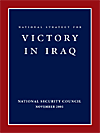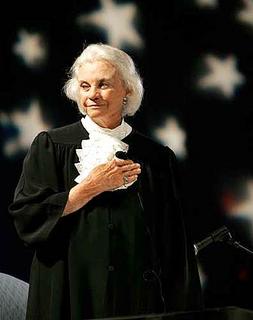By Marco Bersanelli*
Since the “Intelligent Design” (or rather I.D., as they call it) neo-creationist movement started spreading in the United States, the debate about evolution has grown more and more heated. This is an important step for the traditional American creationist environment: till now the debate was shaped by protestant fundamentalist groups, who claim that the Bible should be used as a scientific treatise to be taught in schools, and in this way help those who are trying to ridicule the Jewish and Christian faith about the creation of man and the world.
On the contrary, those supporting I.D. are serious scientists, coming from the best American Universities and well-equipped to keep the level of the debate high. Everybody should acknowledge this as a merit.
The scientific debate around neo-Darwinist theories has grown as well, and this is a positive development because, while biological evolution is a fact supported by many genetic and fossil proofs, neo-Darwinism on the contrary is just a theory, not universally accepted, that tries to explain its mechanism. From a scientific point of view the debate is still open.
In addition to that, it [neo-Darwinism] is being proposed as an ideology. The word itself “neo-Darwinism” has become more and more ambiguous, a philosophical theory more than a scientific hypothesis as the article by James Watson on the September 29th issue of “Il Corriere della Sera” sadly shows: he says "One of the greatest gifts science –and especially Darwinism- made to the world is the ongoing elimination of the supernatural." The same intolerance of creationists here is supporting scientism’s materialistic dogma.
Free From Prejudice
But watch out. Some of the ID theories are looking for evidence of an “intelligent design,” guiding the evolution of biological complexity, inside the gaps of contemporary scientific theories. They somehow remind us Newton’s position, postulating God’s intervention to compensate gravity in order to prevent the collapse of the solar system. It is a new form for the old temptation to “prove” the existence of God on an experimental basis. Let us ask ourselves: is the role of God to fill the gaps of science? Does not gravity, like other things that science can somehow “explain”, also come from God? And by the way, if we fill the gaps, what happens to God? And even more important, who are we to judge how the Creator should have created reality? Free and rational man is not afraid of God’s freedom, he doesn’t impose Him conditions. If he’s not blinded by prejudice, such man can instead admire His work, even through science.
*Professor of Astrophysics - University of Milan (Italy)



















